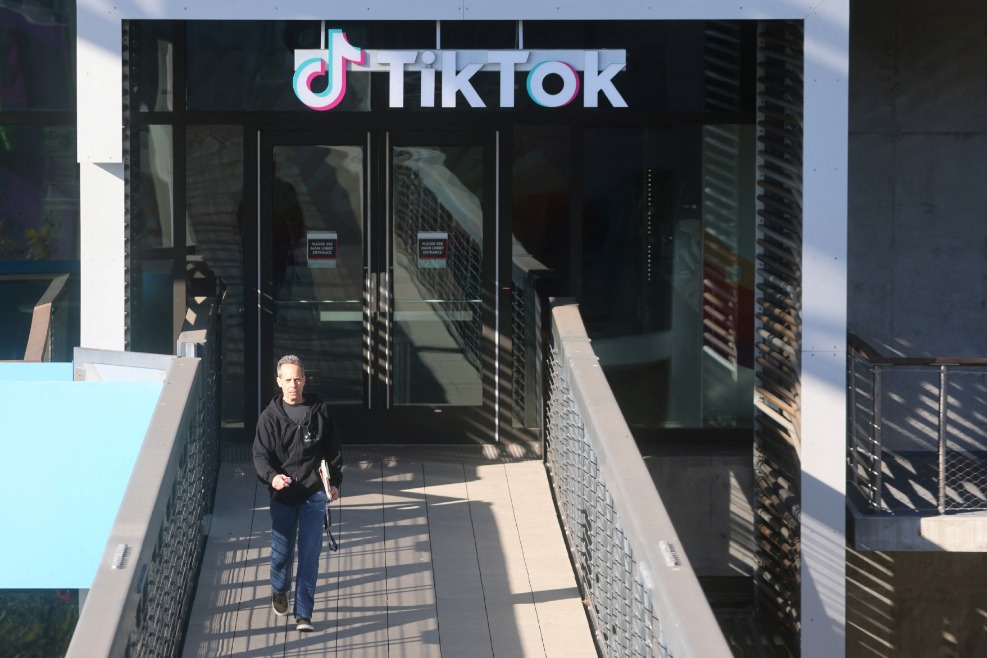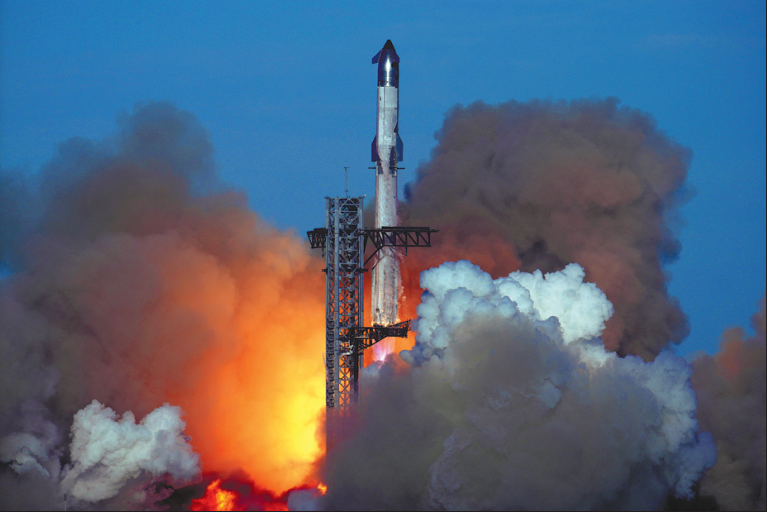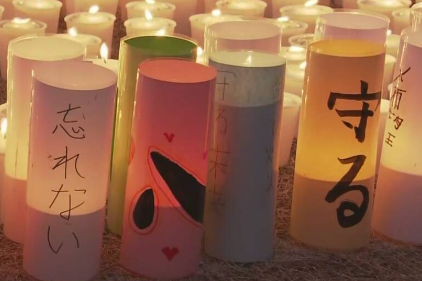FDA panel backs emergency use for Moderna COVID-19 vaccine


The US on Thursday moved closer to having a second vaccine to fight the COVID-19 pandemic as a federal vaccine-advisory committee recommended that the Food and Drug Administration grant an emergency-use authorization for Moderna's vaccine.
FDA Commissioner Stephen Hahn could authorize the vaccine Friday, if not sooner, with delivery to states to begin nationwide on Monday.
Last week, the FDA approved the vaccine from Pfizer Inc and Germany's BioNTech on Dec 11, one day after the panel had recommended approval.
The independent Vaccines and Related Biological Products Advisory Committee voted 20-0 on Thursday with one abstention to support the vaccine made in collaboration with the US government by the biotech company based in Cambridge, Massachusetts.
Dr Steven Pergam, a panel member and infectious disease and vaccine expert at the Fred Hutchinson Cancer Research Center in Seattle, said: "There's no doubt in my mind — it looks like the benefits outweigh the risks from what I've seen."
Because it has less stringent temperature requirements and comes in smaller packaging than Pfizer's vaccine, health officials said Moderna's will likely be sent to more rural areas and to nursing homes that require a few hundred rather than 1,000 doses.
The Moderna vaccine, developed in collaboration with the National Institutes of Health, was tested in about 30,000 patients and found to be 94.1 percent effective at preventing COVID-19 with certain symptoms, including severe disease. The Pfizer vaccine was found to be 95 percent effective.
Most participants in Moderna's testing had side effects like arm pain, fatigue and muscle aches, especially after the second of the two recommended doses. But there were very few serious health events among vaccine recipients, and all might have happened by chance, according to the company and the FDA.
Both vaccine makers will be required to follow members of the public as they receive the vaccine to make sure that no new safety problems emerge.
The Moderna vaccine will be considered only for authorization in adults because it didn't add teenagers to its trial until recently, so it has not accumulated enough data.
Pfizer's vaccine was more extensively tested in younger patients and can be used in people 16 and older.
As it did with the Pfizer-BioNTech vaccine, the FDA will stop short of fully approving Moderna's vaccine, but instead will issue an "emergency use authorization" to speed the process of providing vaccine to the public. The FDA expects the companies to be ready to apply for full approval as soon as next spring, once they have followed trial participants for longer.
Alex Azar, the secretary of Health and Human Services, said Wednesday that 5.9 million doses of Moderna's vaccine are likely to be distributed next week, following 2.9 million doses of Pfizer's this week.
Moderna has agreed to make 50 million doses of its vaccine available this month, enough to vaccinate 25 million people, largely healthcare workers and nursing home residents.
Azar also said that two recent polls showed American attitudes toward COVID-19 vaccination are becoming more positive, with 70 percent in one poll and 80 percent in another saying they plan to get vaccinated.
































